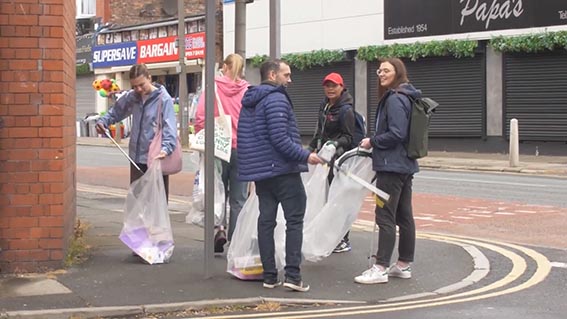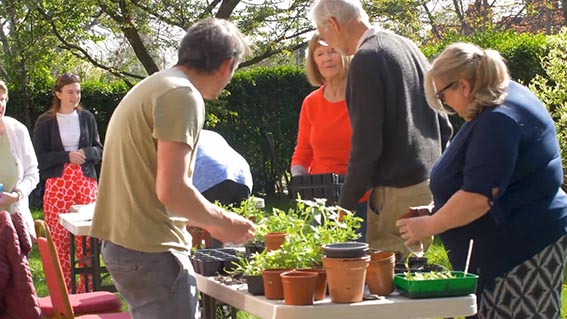That we live in an era of climate emergency perhaps finally hit home this year when our news channels were filled with images of European rivers running dry, including those of the UK, and the UK’s crops, animals and humans were struggling in unprecedented heat. The big problem however remained: being aware of the climate crisis has, apparently, not yet led to the significant behavioural changes we need to see in order to tackle the issues we are facing. This is not helped by a government who continues to send out the wrong signals about fossil fuels, and slow-moving local councils who are too concerned about individual voter behaviour.

In this paper, I will present findings from a research project on local communities, climate action and local television in order to question some of the typical narratives about how climate change needs to be tackled. One major narrative is that there is no behavioural change in the populace unless there are clear government incentives (see for example Whitmarsh et al. 2011). The fact is: many people have already changed their behaviour and are contributing locally to initiatives to combat climate change in their own little ways. In Wavertree, in Liverpool, such groups contributed to local climate assemblies and ended up imagining a different future for Liverpool. Their efforts were filmed by students of Edge Hill University’s Department of English and Creative Arts and the films made available to their community through YouTube and local screenings.

What we found is that a whole infrastructure is required to support local communities in their drive towards more sustainable futures. This includes the greater devolvement of political power to a (micro)local level approach, but also a reimagining of local television as community-led and operating within a public service infrastructure.
Biography
Elke Weissmann is Reader in Television and Film at Edge Hill University. She has published on transnational television drama and masculinity in television drama. Her recent work has brought her closer into areas of sustainability and community, through a collaborative project with Belinda Tyrrell from the University of Liverpool, Love Wavertree CIC and the British Academy.
Elke’s webinar was on Wednesday 9th November, these are the presentation slides or watch the recorded team video.

